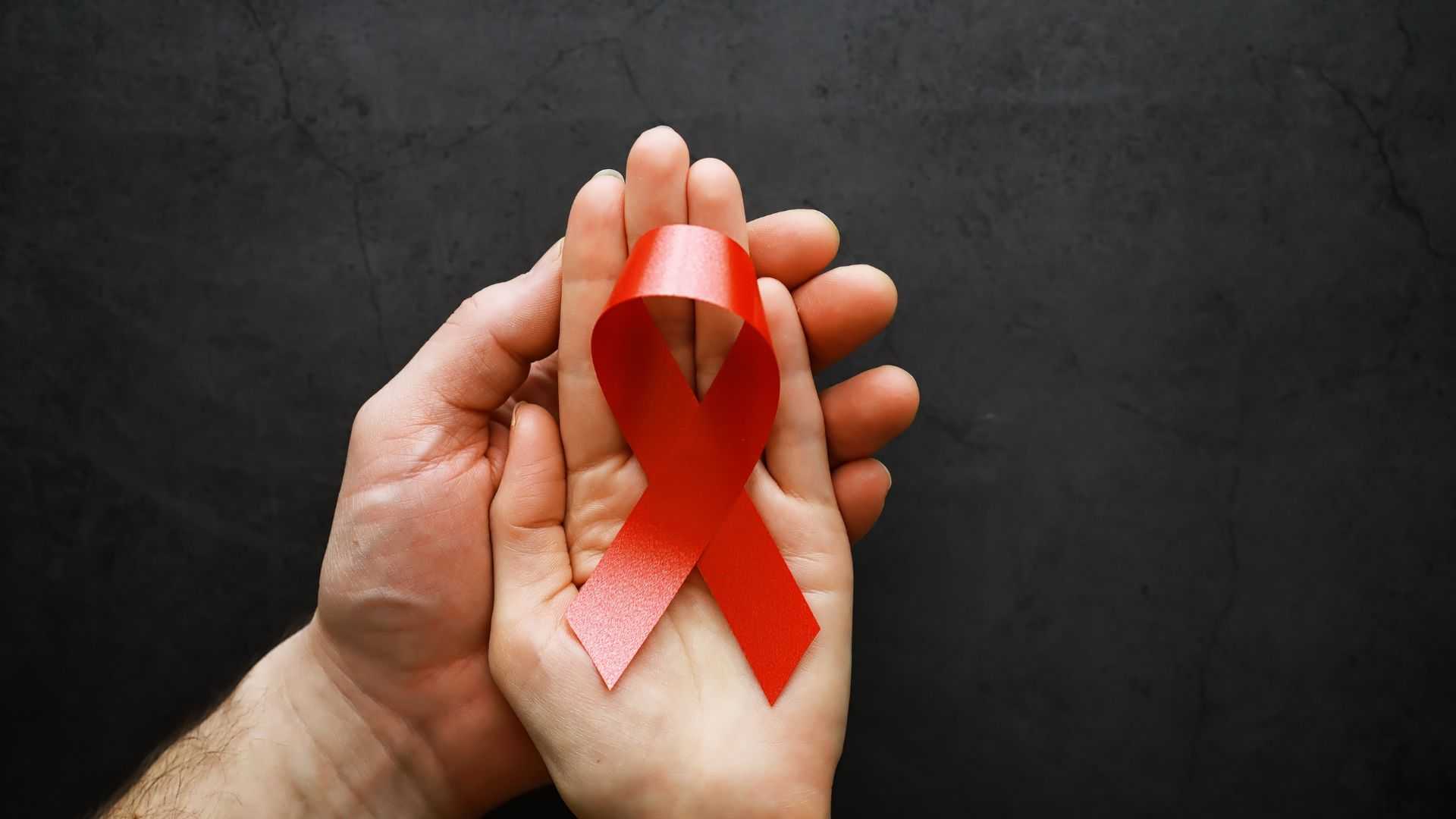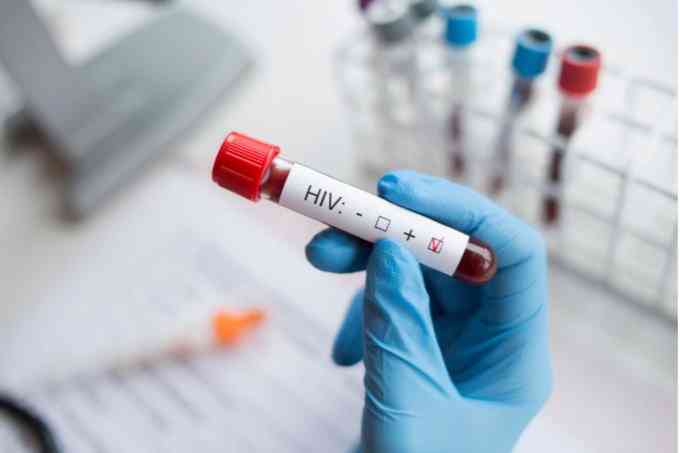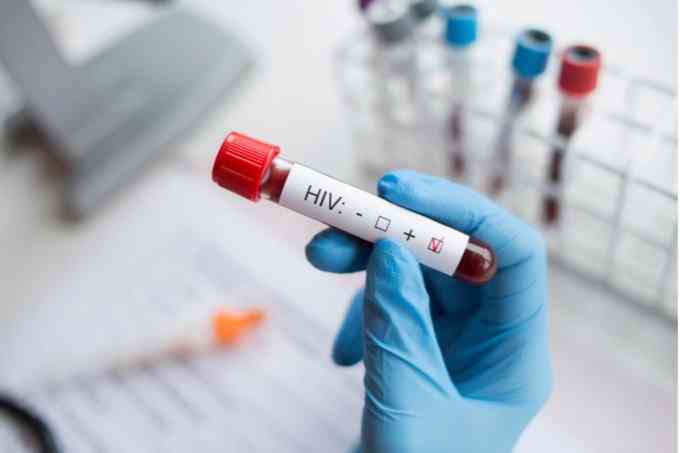

The Department of Health (DOH) recorded a stark 411 percent rise in daily incidence of human immunodeficiency virus (HIV) cases for a decade, with 46 reported HIV-positive individuals every day in January 2023 from what used to be nine in 2012.
Among the 1,454 newly diagnosed cases that month, 444 were from youth aged 15 to 24, with 96 individuals having advanced HIV disease at the time of diagnosis.
In 2018, the National Youth Commission (NYC) portrayed HIV as the “youth epidemic” following an alarming increase in HIV infection among young Filipinos. This led the commission to call for ramped-up efforts to curb the spike.
Despite the global decline in HIV cases and related deaths, however, the number of reported positive individuals in the country has only been accelerating, particularly among youth.
The HIV situation in the country has been begging for the proper implementation of comprehensive sexuality education (CSE) being lobbied toward adolescents. However, educating adults offers a silver lining in a culture long plagued with HIV stigma and discrimination, nurturing a safe space for Filipino youth to speak out about their sexual health concerns without fear of getting judged.
Lack of HIV/AIDS awareness among youth
HIV is a virus that attacks a person’s immune system, making the body susceptible to infections and diseases. Advanced HIV infection, however, sets a higher risk of death despite starting antiretroviral therapy (ART)—a combination of medicines that serve as primary treatment for People Living With HIV (PLHIV).
Without ART, advanced HIV infection usually progresses to Acquired immunodeficiency syndrome (AIDS) in 10 years or longer.
Dr. Jojo Feliciano, Executive Director of the Philippine National AIDS Council (PNAC), told DZRH Digital that the shame of being stigmatized kept youth from getting tested, leading to late diagnosis that often results in the advanced stage of infection.
“[K]apag kulang talaga ang kaalaman mo, bukod sa andun yung pagkahiya mo minsan mananaig, so naco-compromise yung health nila,” Feliciano said.
According to the 2021 Young Adult Fertility and Sexuality Study (YAFSS), only 76 percent of young Filipinos aged 15 to 24 are aware of HIV and/or AIDS—a 19 percent drop from 1994 when awareness was at its peak.
“At the same time, yung society natin hindi pa rin ganun ka-supportive pagdating sa HIV and AIDS. Meron pa rin mga tao na they tend to discriminate,” he added.
According to a research paper by Louie Mar Gangcuangco and Patrick Eustaquio, the Philippine PLHIV Stigma Index in 2019 showed that around one in five reported stigma and discrimination, which stems from being gossiped about by friends and/or family members.
In the same YAFSS study, 35 percent of young Filipinos did not think condoms would reduce the risk of HIV infection, with data showing male youth having a “low level of condom use during high-risk sexual activities.”
“Nakita natin na may lag between first sexual intercourse versus sa paggamit ng condom. Merong lag na isa hanggang dalawang taon. So, nahuhuli yung ating intervention, yung condom,” Feliciano said.
Under the Philippine HIV and AIDS Policy Act of 2018 or Republic Act No. 11166, schools have been mandated to bolster HIV/AIDS education by reducing stigma and discrimination.
However, the PNAC chief noted that beyond educating the youth regarding HIV and AIDS, the crucial population that needs to be informed is the general public.
“Kailangan ma-educate natin lahat, mapalaganap natin yung education and information campaign hindi lang sa mga bata kundi sa majority ng ating population. Kasi ang kailangan nila is not only the access to protect themselves [...] but also the environment para hindi sila mahiya na magpa-check o magpatingin [and] para hindi yung nagch-check up sila advanced stage na,” he added.
Sex education for parents, teachers
Plan International Philippines, a non-government organization (NGO) that forwards children's rights and girls’ equality, clamors for the proper implementation of CSE not only for Filipino youth but also for adults, particularly parents of adolescent children, to remove HIV-related stigma and discrimination.
“In our experience [...] ang hirap that you’re capacitating young people pero adults are not capacitated or not at least equipped with the right information, so hindi sila nagsasabay,” Plan International Philippines' portfolio specialist Rosa Encelan told DZRH Digital in an interview.
Encelan said their organization supports House Bill 8910, or the proposed Adolescent Pregnancy Prevention Act which pushes CSE to be implemented in communities.
Under the proposed bill, an advisory body is mandated to develop community-based programs and classes to raise parents’ awareness of teen sexuality and effectively guide and support their children regarding sexual health concerns.
"This parent and guardian-oriented CSE shall capacitate and encourage them to continue their sexual education with their children and wards in their households,” the bill read.
Encelan said the bill would push CSE to be implemented in communities, to those not in school, and even for parents.
“[T]hese young people that we capacitate ang tendency kasi nila diba is to be empowered, they will speak out eh so kapag nagkakaroon ng interaction with adults, the tendency is syempre yung mga matatanda they have this notion na ‘bata ka lang, makinig ka sakin,’ [pero] dapat sabay,” she added.
“[W]hile you’re empowering young people, you’re actually creating some sort of tension din with the adults kasi hindi naman [nila] fully naiintindihan.”
But aside from parents, Encelan noted that many teachers are still not prepared to tackle CSE in their classrooms.
“I have this conversation with one teacher na talagang hiyang-hiya siya na banggitin yung words na pepe and titi, as basic as that. Sabi nga sa CSE, we need to take these terms as it is. It’s a scientific term, it’s just part of your body similar with your ulo, your kamay, so doon yung first step,” she recalled.
Encelan also shared her experience talking to Filipino youth who bombarded her with questions regarding HIV for an hour. Most of them believe that they could get infected by getting bit by mosquitos and sharing utensils with a PLHIV—such questions laden with misconceptions and misinformation.
“These young people were not able to get this information right there and then. I was hoping na [since] they have these questions, they can go to someone—their teacher, their service provider, or Barangay Health Workers (BHW)—and provide them with the correct information without any discrimination and stigma for just asking these questions,” Encelan said.
“Kasi ang dami talagang misinformation and even them ayaw rin nilang pumunta sa mga social hygiene clinics, ayaw rin pumunta sa barangay health centers kasi they fear that they will be judged,” she added.
Creating enabling environment
One of our interviewees, Ryan, said he began having routine HIV tests offered by NGOs when he was 18 years old. Despite knowing the accessibility of HIV screening in social hygiene clinics, he feared that his gender identity would be compromised by going there.
“Yung social hygiene clinic hindi ko pa na-try kasi feeling ko yung identity ko wouldn’t be as secure. Though I’m sure naman na they have their proper measures pero [kasi] it’s a more public space,” Ryan said in an interview with DZRH Digital.
For five years, the confines and safe space offered by NGOs proved to be his best shot at getting HIV tests without the looming dread of being gossiped about by some staff.
“Siguro yung notion din sa mga staff kapag public [hospitals]. Minsan kasi mas napagc-chismisan yung pasyente ganon,” he said.
“Mas prefer ko lang talaga na pumunta dun sa NGOs [...] kasi nakita ko talaga yung measures kung paano nila i-safeguard yung information ng patients nila or nung mga gustong magpa-test,” he added.
Feliciano said local government units have ramped up practices regarding HIV testing in social hygiene clinics, but individuals wanted to avoid going because it is a public space.
“Designed kasi yung health center para puntahan siya ng mga kababayan natin. So, syempre unang-una kailangan natin ng enabling environment, at least confidentiality diba na tipong hindi mahihiya na magpa-check yung isang tao,” he said.
The PNAC chief shared the concept of sundown clinics that operate beyond the office and school hours, such as the Klinika Bernardo in Quezon City.
“So yung sundown clinic nila it’s beyond 5 o’clock so nakakapunta sila roon, walang masyadong tao tulad sa health center so walang magbubulungan [...] Pero it’s a good practice din talaga na yung environment mo is friendly para sa kanila para mahikayat din sila magpa-check up at magpa-test,” he added.
Encelad said their organization also champions the availability and accessibility of age- and gender-responsive and inclusive services including HIV screening, testing, prevention, care, and treatment.
"Naniniwala din kami sa Plan International that all health services, not just [for] HIV, should be age- and gender-responsive and inclusive […] dapat our service providers or facilities are equipped to provide these services without biases," Encelan said.
"It’s easier said than done. Hindi lang siya yung tipong i-training mo lahat ng service providers wala na yan kasi it’s a norm eh. We [grew up] believing na may certain tama na behavior, and it will take a while for us to actually transform those harmful norms, and then later on we can really ensure na yung environment is supportive and positive for everyone lalo na for those who really need to access these services," she added.
But for Feliciano, to remove HIV-related stigma and discrimination, it would boil down to tracing the root cause and nurturing good values inside households.
“If you’ll have good values sa bahay pa lang, maayos ang palaki ng bawat pamilya, bawat magulang, I think hindi tayo magkakaproblema sa stigma and discrimination kasi that’s love and respect for our kapwa-tao,” Feliciano said.
* Note: Ryan’s name has been changed for anonymity purposes.




